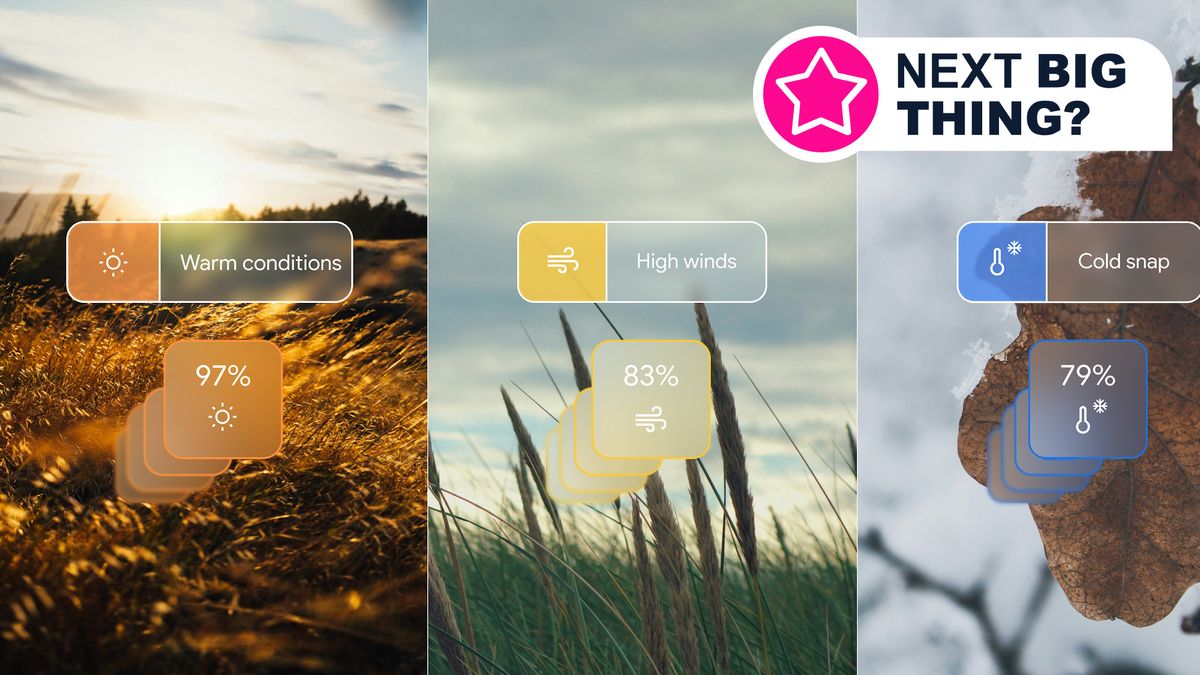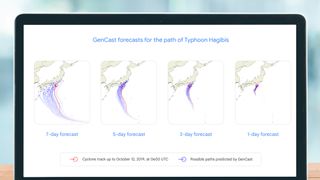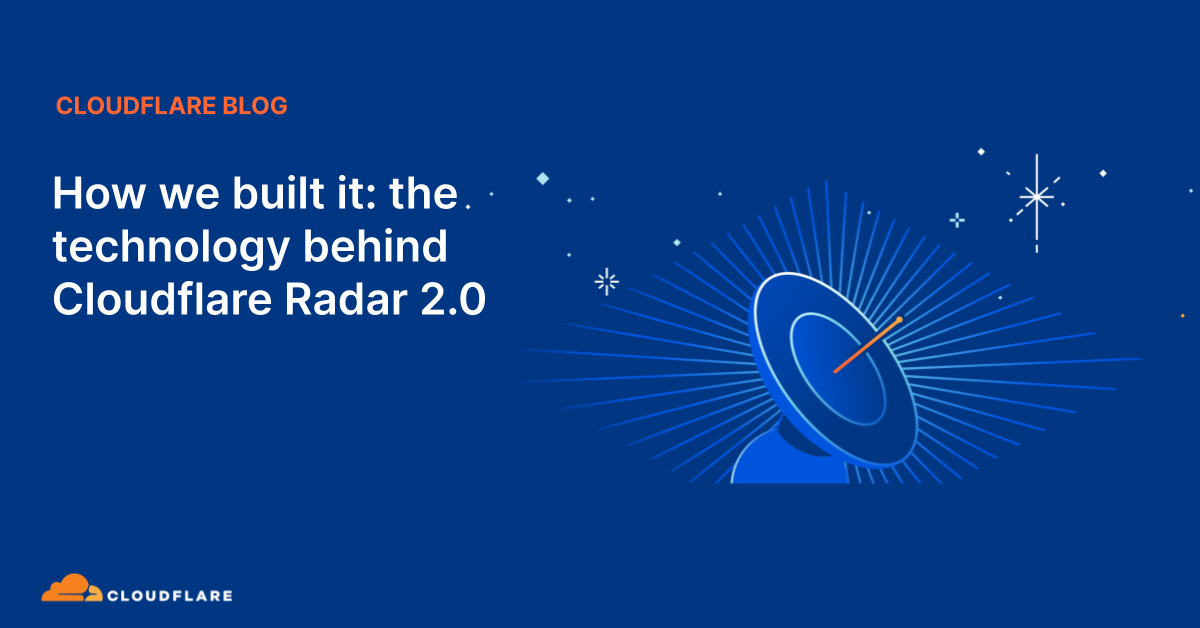Goodbye, unreliable weather forecasts? Google DeepMind’s AI model sets new benchmark for 15-day predictions

- DeepMind has developed a new generative weather prediction model
- It’s been trained on 39 years of global weather data
- It’s more accurate than the current forecasting standard 97.2% of the time
If you still find yourself getting caught out and frustrated by inaccurate weather forecasts, Google has some good news: DeepMind, its AI research lab, has unveiled a generative model which can forecast the weather with incredible accuracy, up to 15 days in advance.
In simple terms, GenCast is an AI model that’s similar to ChatGPT. The difference with GenCast is that it’s been specifically adapted to the Earth’s geometry. Fed with recent weather data, it’s able to generate future weather scenarios and suggest the most probable outcome.
The team at DeepMind trained GenCast on archival weather data collected between 1979 and 2018. This included temperature, wind speed and air pressure readings from around the globe. Based on this, the model was able to learn global weather patterns.
To test its effectiveness, Google then compared the model’s predictions against the industry’s current best forecasting tool, the Ensemble Forecast (ENS).
The model was asked to generate a forecast for 2019, with 1,320 combinations of variables and lead times. GenCast was more accurate than ENS 97.2% of the time. For forecasts more than 36 hours in advance, that increased to 99.8%. That accuracy also applied to the prediction of extreme weather events, such as tropical cyclones.
What’s even more remarkable is that, according to DeepMind, it took a single Google Cloud Tensor Processing Unit v5 – the circuits that Google uses to accelerate machine learning tasks – only eight minutes to produce a 15-day forecast. Traditional ensemble forecasts take several hours to complete, running on supercomputers with thousands of processors.
No meteorologist replacement

Traditional ensemble forecasts project weather patterns based on complex physics-based calculations using gathered data. GenCast takes that same data and generates the most likely scenario, informed by everything it’s learned from historic weather data.
GenCast won’t put meteorologists out of work. The model is only as reliable as the data it’s trained on and, in a changing climate, past weather patterns may not prove a reliable basis for forecasting far into the future. There are also a number of atmospheric variables which GenCast can’t account for, meaning manual equations will still be required to arrive at a dependable prediction.
It’s likely that GenCast will become another tool in the meteorological arsenal, with its input considered alongside other data sources. Human experts will still be required to make an assessment of the most likely scenario.
GenCast also isn’t the first use of deep learning to achieve more precise weather forecasts. FourCastNet is a data-driven forecasting model from Nvidia, while Huawei’s Pangu-Weather model has proven more accurate than numerical weather prediction in tests. Atmo, a San Francisco company, is also developing AI models to improve forecasting based on real-time weather data.
DeepMind sees applications for GenCast beyond standard forecasting. By providing the probability of different weather events, GenCast allows officials to plan for different outcomes and allocate resources accordingly. Google also sees a future where wind-power forecasting could influence renewable energy planning.
For now, the team at DeepMind is continuing research and develop GenCast as one of several AI-based weather models, including its deterministic medium-range forecasts. The model is open and DeepMind will soon be releasing real-time and historical forecasts, for integration into other models.
You might also like…
link






